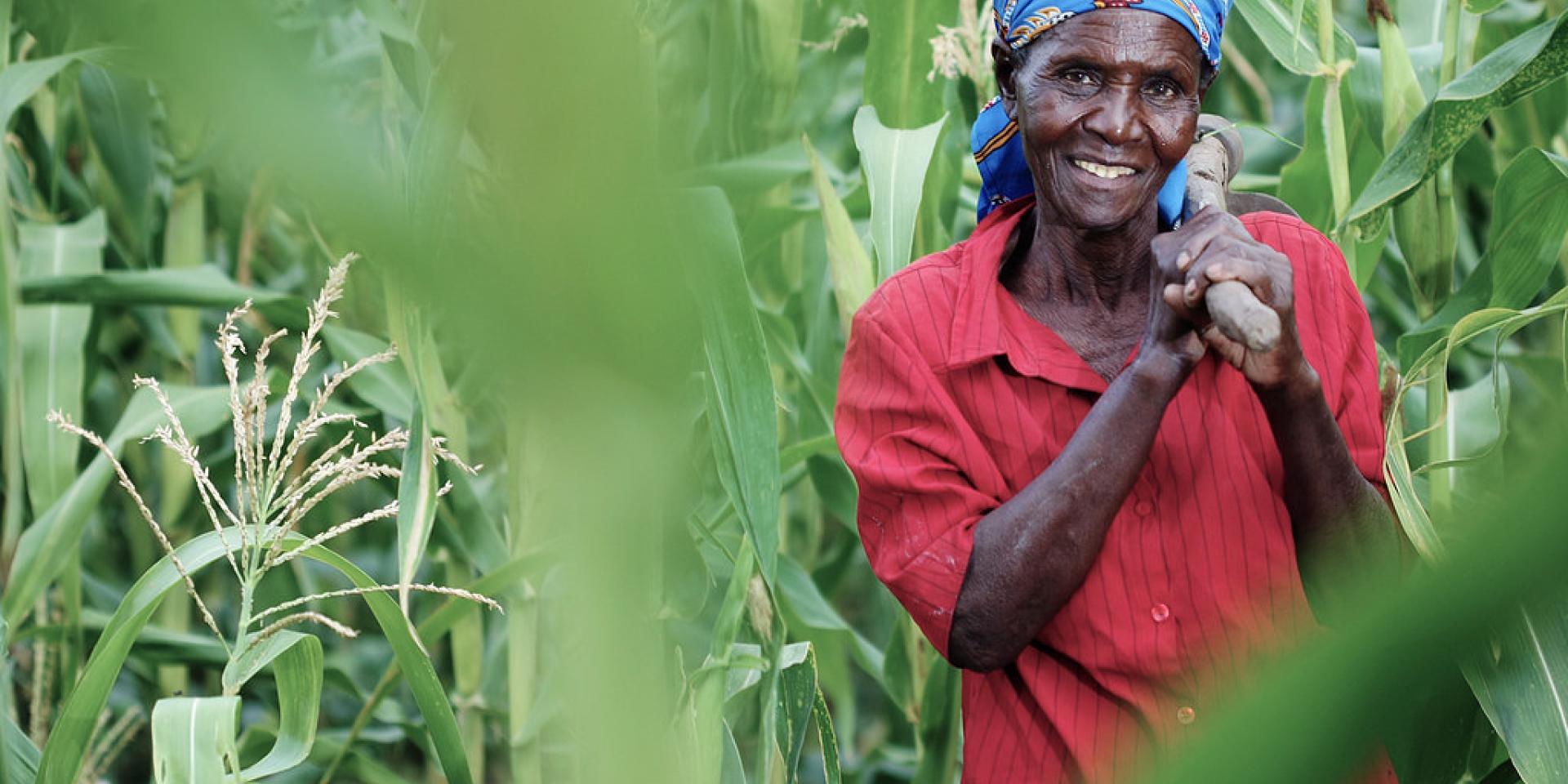Integrating gender in cost-benefit analysis of innovations to enhance smallholder farmers’ resilience and climate change adaptation

When deciding whether to invest in an innovation, program or policy aiming to improve smallholder farmers’ resilience and climate change adaptation, governments and donors typically consider the costs and benefits of doing so. However, cost-benefit analysis frameworks typically focus on the net present value of future cash flows arising from an investment, which do not capture important gender outcomes of these types of innovations. Benefits could include, among others, improved women’s empowerment, reduced workloads and drudgery, or improved wellbeing from better consumption smoothing. In this course, we aim to provide participants with tools and methods to bring these types of outcomes into their cost-benefit analyses, which can strengthen resource allocation for programs with strong gender benefits.
This course is conducted in English
More about this training
The course targets anyone who might be interested in cost-benefit analysis of innovations to enhance climate change adaptation. One should have basic knowledge of the types of innovations in this space, including knowledge of concepts such as climate-smart agriculture and climate information services. You do not have to be a gender expert, or have prior knowledge of cost benefit analysis methods to make use of this resource. Researchers beyond CGIAR, including NARES (especially social scientists at these institutions), researchers from policy research centers, and practitioners interested in this theme can benefit from this resource.
Course resources
The syllabus and module resources can be accessed here
Who can I contact for more information?
Homa Taheri (homataheri1@gmail.com) and Paulina Smith (paau.smith@gmail.com) with Cc to
Berber Kramer (b.kramer@cgiar.org and Melody Braun (mbraun.pro@gmail.com)